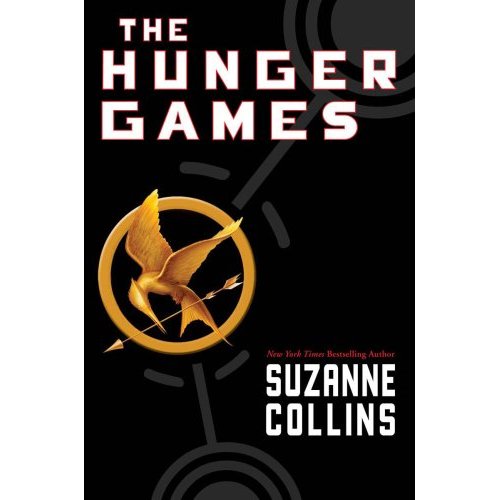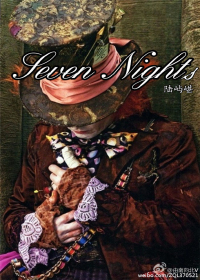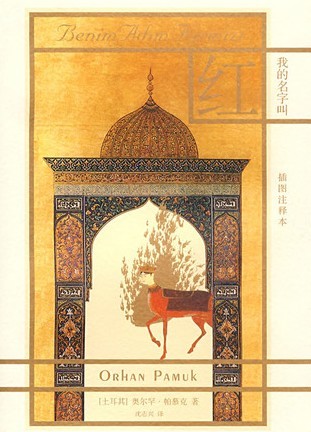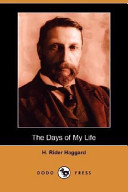my name is red-我的名字叫红-第89章
按键盘上方向键 ← 或 → 可快速上下翻页,按键盘上的 Enter 键可回到本书目录页,按键盘上方向键 ↑ 可回到本页顶部!
————未阅读完?加入书签已便下次继续阅读!
row。 When a painter renders the fury and speed of a horse; he doesn’t paint
his own fury and speed; by trying to make the perfect horse; he reveals his love
for the richness of this world and its creator; displaying the colors of a passion
for life—only that and nothing more。”
287
I AM CALLED BLACK
Various manuscript pages lay before me and the great Master Osman—some
with calligraphed texts and ready to be bound; some not yet colored or
otherwise unfinished for whatever reason—as we spent an entire afternoon
evaluating the master miniaturists and the pages of my Enishte’s book;
keeping charts of our assessments。 We thought we’d seen the last of the
mander’s respectful but crude men; who’d brought us the pages collected
from the miniaturists and calligraphers whose homes they raided and searched
(some pieces had nothing whatsoever to do with either of our two books and
some pages confirmed that the calligraphers; as well; were secretly accepting
work from outside the palace for the sake of a few extra coins); when the most
brash of them stepped over to the exalted master and removed a piece of
paper from his sash。
I paid no mind at first; thinking it was one of those petitions from a father
seeking an apprenticeship for his son by approaching as many division heads
and group captains as possible。 I could tell that the morning sun had vanished
by the pale light that filtered inside。 To rest my eyes; I was doing an exercise
the old masters of Shiraz remended miniaturists do to stave off premature
blindness; that is; I was trying to look emptily into the distance without
focusing。 That’s when I recognized with a thrill the sweet color and heart…
stopping folds of the paper which my master held and stared at with an
expression of disbelief。 This matched exactly the letters that Shekure had sent
me via Esther。 I was about to say; “What a coincidence” like an idiot; when I
noticed that; like Shekure’s first letter; it was acpanied by a painting on
coarse paper!
Master Osman kept the painting to himself。 He handed me the letter that I
just then embarrassingly realized was from Shekure。
My Dear Husband Black。 I sent Esther to sound out late Elegant Effendi’s
widow; Kalbiye。 While there; Kalbiye showed Esther this illustrated page; which
I’m sending to you。 Later; I went to Kalbiye’s house; doing everything within my
power to persuade her that it was in her best interest to give me the picture。 This
page was on poor Elegant Effendi’s body when he was removed from the well。
Kalbiye swears that nobody had missioned her husband; may he rest in divine
light; to draw horses。 So then; who made them? The mander’s men searched
288
the house。 I’m sending this note because this matter must have significance to the
investigation。 The children kiss your hands respectfully。 Your wife; Shekure。
I carefully read the last three words of this beautiful note thrice as if staring
at three wondrous red roses in a garden。 I leaned over the page that Master
Osman was scrutinizing; magnifying lens in hand。 I straightaway noticed that
the shapes whose ink had bled were horses sketched in a single motion as the
old masters would do to accustom the hand。
Master Osman; who read Shekure’s note without ment; voiced a
question: “Who drew this?” He then answered himself; “Of course; the same
miniaturist who drew the late Enishte’s horse。”
Could he be so certain? Moreover; we weren’t at all sure who’d drawn the
horse for the book。 We removed the horse from among the nine pages and
began to examine it。
It was a handsome; simple; chestnut horse that you couldn’t take your eyes
off of。 Was I being truthful when I said this? I had plenty of time to look at
this horse with my Enishte; and later; when I was left alone with these
illustrations; but I hadn’t given it much thought then。 It was a beautiful; but
ordinary horse: It was so ordinary that we weren’t even able to determine
who’d drawn it。 It wasn’t a true chestnut; but more bay…colored; there was a
faint hint of red in its coat as well。 It was a horse that I’d seen so often in
other books and other illustrations that I knew it’d been drawn by rote
without the miniaturist’s stopping to give it any consideration at all。
We stared at the horse this way until we discovered it concealed a secret。
Now; however; I could see a beauty in the horse that shimmered like heat
rising before my eyes and within it a force that roused a zest for life; learning
and embracing the world。 I asked myself; “Who’s the miniaturist with the
magic touch that depicted this horse the way Allah would see it?” as if having
forgotten suddenly that he was also nothing but a base murderer。 The horse
stood before me as if it were a real horse; but somewhere in my mind I also
knew it was an illustration; being caught between these two thoughts was
enchanting and aroused in me a sense of wholeness and perfection。
For a time; we pared the blurred horses drawn for practice with the
horse made for my Enishte’s book; determining finally that they’d been made
by the same hand。 The proud stances of those strong and elegant studs
bespoke stillness rather than motion。 I was in awe of the horse of Enishte’s
book。
289
“This is such a spectacular horse;” I said; “it gives one the urge to pull out a
piece of paper and copy it; and then to draw every last thing。”
“The greatest pliment you can pay a painter is to say that his work has
stimulated your own enthusiasm to illustrate;” said Master Osman。 “But now
let’s forget about his talent and try to uncover this devil’s identity。 Had
Enishte Effendi; may he rest in peace; ever mentioned the kind of story this
picture was meant to acpany?”
“No。 According to him; this was one of the horses that lived in the lands
that our powerful Sultan rules。 It is a handsome horse: a horse of the Ottoman
line。 It is a symbol that would demonstrate to the Veian Doge Our Sultan’s
wealth and the regions under his control。 But on the other hand; as with
everything the Veian masters depict; this horse was also to be more lifelike
than a horse born of God’s vision; more like a horse that lived in a particular
stable with a particular groom in Istanbul so that the Veian Doge might say
to himself; ”Just as the Ottoman miniaturists have e to see the world like
us; so have the Ottomans themselves e to resemble us;“ in turn; accepting
Our Sultan’s power and friendship。 For if you begin to draw a horse
differently; you begin to see the world differently。 Despite its peculiarities; this
horse was rendered in the manner of the old masters。”
The more we deliberated over the horse; the more beautiful and precious it
became in my eyes。 His mouth was slightly open; his tongue visible from
between his teeth。 His eyes shone bright。 His legs were strong and elegant。 Did
a painting bee legendary for what it was or for what was said about it?
Master Osman was ever so slowly moving the magnifying lens over the animal。
“What is it that this horse is trying to convey?” I said with naive
enthusiasm。 “Why does this horse exist? Why this horse! What about this
horse? Why does this horse excite me?”
“The pictures as well as the books missioned by sultans; shahs and
pashas proclaim their power;” said Master Osman。 “The patrons find these
works beautiful; with their extensive gold leaf and lavish expenditures of labor
and eyesight because they are proof of the ruler’s wealth。 An illustration’s
beauty is significant because it is proof that a miniaturist’s talent is rare and
expensive just like the g
![(伪犯罪心理同人)[伪犯罪心理]gimmick game人封面](http://www.8kbook.com/cover/2/2722.jpg)
![[秘密(世界上最神奇的潜能开发训练)][1].(美)华莱士·d.沃特斯&封面](http://www.8kbook.com/cover/noimg.jpg)



